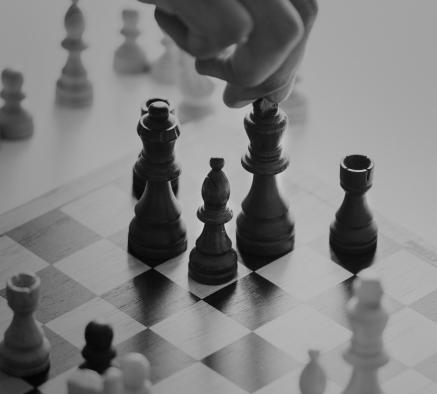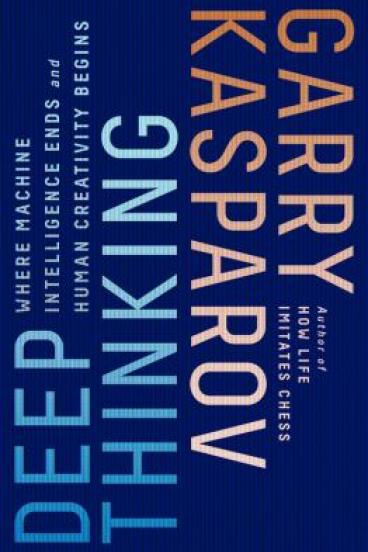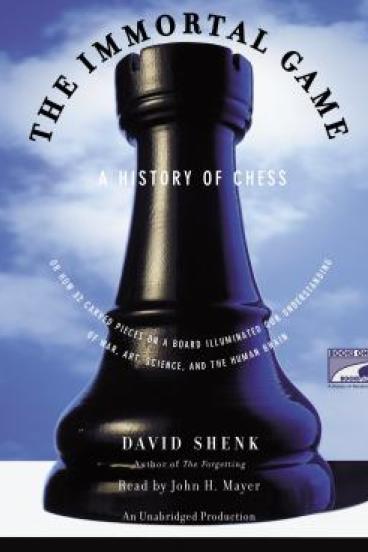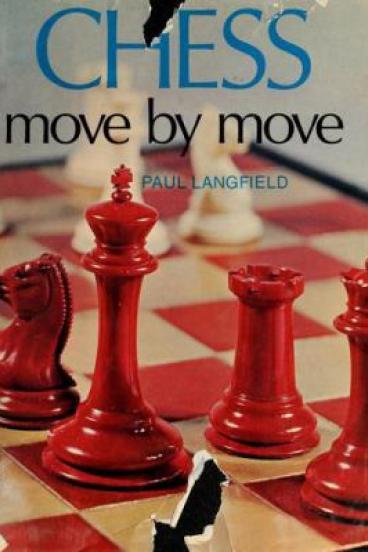Did you know chess improves memory, heightens awareness and creativity, develops strategic thinking, and, overall, improves cognitive functioning? It also cultivates empathy and enhances social skills as it trains the brain to see from another’s perspective. In honor of International Chess Day on July 20, let’s take a look at the history of this popular game.
Chess has been around since 500 AD and originated from India as a war game called “chaturanga.” It then spread into Arabia and Persia. As it gained popularity in the Muslim world, it came to be known as “shatranj.” Subsequently, with the spread of Islam it expanded into parts of Europe. By the 10th century, the growing Arabian empire brought chess to North Africa, Sicily and Spain. Its popularity expanded further when the Eastern Slavs took it to Kievan Rus, (region that covers modern day Belarus, Russia and Ukraine) while the Vikings brought it to Iceland and England. By the 15th century, chess had evolved into the version we’re most familiar with today.
The fascination and love of chess is a bridge that transcends differences and is now played in almost every country on this planet. Its regulating body is the FIDE (International or World Chess Federation). Established in 1924, the FIDE operates from Switzerland and connects various national chess federations and oversees rules, and acts in all international chess competitions.









